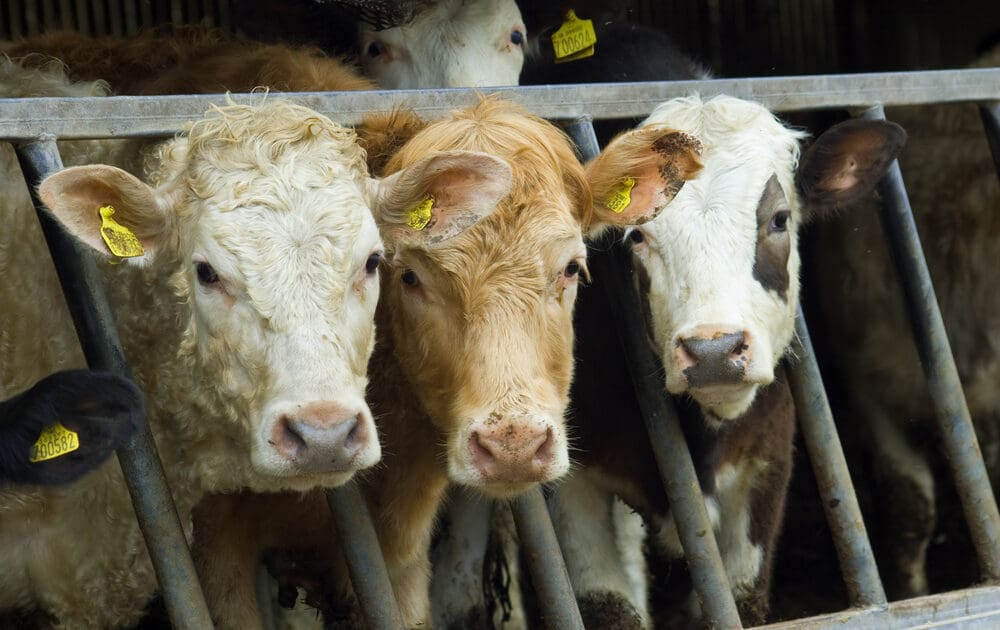U.S. Dietary Guidelines Won’t Consider Meat’s Impact on Environment

The U.S. Dietary Guidelines for Americans will not take into account the environmental impact of animal products, the USDA said on Tuesday—even though the state of the environment directly impacts our food and health.
Last February, the Dietary Guidelines Advisory Committee recommended to the USDA that Americans eat more plants and fewer animal-based products because of the land and resources required to raise animals, as well as the excessive amount of methane released by livestock animals. Methane is among the top greenhouse gases contributing to global climate change.
“Consistent evidence indicates that, in general, a dietary pattern that is higher in plant-based foods, such as vegetables, fruits, whole grains, legumes, nuts, and seeds, and lower in animal-based foods is more health promoting and is associated with lesser environmental impact than is the current average U.S. diet,” the panel said.
But in a statement released by the USDA earlier this week, the agency explained that while sustainability and the environment are “critically important,” the USDA and other government agencies already invest “billions of dollars each year across all 50 states in sustainable food production, sustainable and renewable energy, sustainable water systems, preserving and protecting our natural resources and lands, and research into sustainable practices.”
The agency said it does not believe “that the 2015 DGAs are the appropriate vehicle for this important policy conversation about sustainability.”
Despite the agency’s decision, Americans are genuinely concerned about the state of the environment, and just how much our food choices impact the planet. According to NPR, of the more than 26,000 comments submitted to the USDA on the forthcoming dietary guidelines, the top three sources for comments came from environmental and health advocacy groups Friends of the Earth, Food Democracy Now, and My Plate, My Planet.
The Dietary Guidelines are updated every five years.
Find Jill on Twitter and Instagram
Related on Organic Authority
PETA Calls Whole Foods Market’s Bluff on ‘Humanely Raised Meat’
Climate Change Could Mean Widespread Nutrient Deficiency, Says Harvard Researchers
Climate Change Report Predicts ‘Extreme Weather Events’ to Cause Major Food Shortages
Cattle image via Shutterstock

